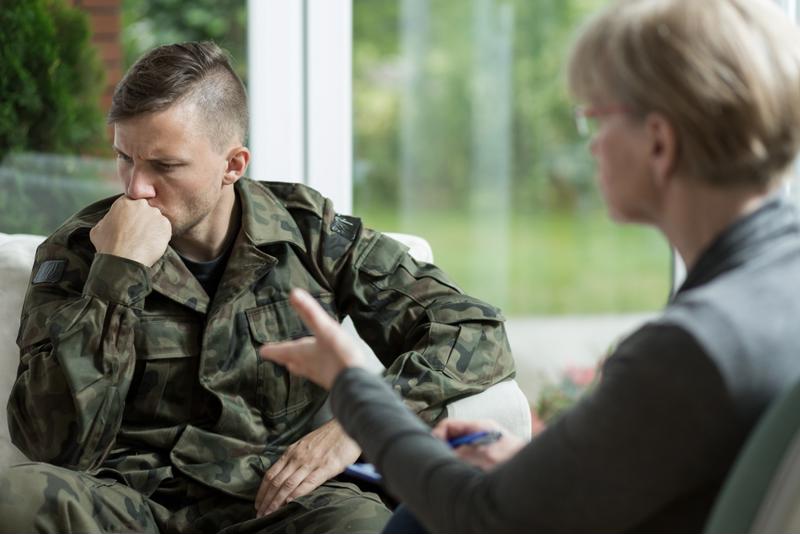On Election Day, voters in five states will decide whether to legalize marijuana, The New York Times reported. Arizona, California, Maine, Massachusetts and Nevada have decriminalization measures on the ballot. If these initiatives pass, the total number of states that permit marijuana use will rise to nine.
This may prove helpful to the veterans in these areas who suffer from post-traumatic stress disorder, as marijuana is a viable treatment for the symptoms that accompany this condition, according to the Department of Veterans Affairs. However, many physicians and government administrators have been slow to accept the treatment. Veterans groups are pushing the issue in an effort to open up treatment options for former service members with PTSD.
In September, the American Legion took up the cause, urging Congress to remove marijuana from the list of illegal substances outlined in the Controlled Substances Act, The Washington Post reported. The organization, which includes more than 2.2 million military veterans, chose to move forward with the request during its annual convention in August.
Members of the American Legion believe that the decriminalization of marijuana will allow researchers to more thoroughly study the substance and unlock its therapeutic powers for use in more impactful PTSD treatments.

Some in the medical field have already made headway in this area. In fact, the Food and Drug Administration recently approved the first trial to test marijuana as a treatment for PTSD symptoms. Investigators from the University of Colorado, Johns Hopkins University and the Scottsdale Research Institute have begun recruiting veterans for the trial, which will last two years, Stars and Stripes reported.
"By working with chronic treatment-resistant veterans, we address a national emergency and limit variability at the potential expense of generalizability," Rebecca Matthews, a researcher at the Multidisciplinary Association for Psychedelic Studies in Santa Cruz, California and the lead investigator for the trial, told the publication. "Further research will be needed to determine if these results will apply to other groups of PTSD sufferers."
Another investigator on the research team addressed members of the American Legion Affairs and Rehabilitation Commission during the organization's conference in August, according to a press release. Dr. Sue Sisley, a clinician at the Scottsdale Research Institute and former VA psychiatrist, explained to those assembled that prescription drugs and other conventional remedies are simply not enough for some former service members.
"Veterans are exhausted and feel like guinea pigs; they're getting desperate," she explained.
However, one of the primary roadblocks in the way of the legitimization of marijuana as a treatment for PTSD and other conditions is the lack of regulation, as ingredients vary between supplies. Advocates argue that simply decriminalizing the drug will quash this issue. Federal and state agencies would be able to step in and control dosages and ingredients just as they do with prescription drugs. Indeed, states that have legalized cannabis require sellers to label their products with detailed descriptions that indicate how much tetrahydrocannabinol – the chemical that produces the high associated with the substance – they contain, The Washington Post reported.
Of course, there are other dangers as well. Marijuana has been known to cause harm to individuals with specific neurological chemistries.
Veterans who served in Operations Enduring Freedom and Iraqi Freedom by and large support the decriminalization of cannabis, according to research from Iraq and Afghanistan Veterans of America. An estimated 68 percent of these service members believe states should pass laws legalizing marijuana.
Those living in California, Maine and Massachusetts may soon get their wish – experts predict that the legalization initiatives up for vote in these states will pass.

